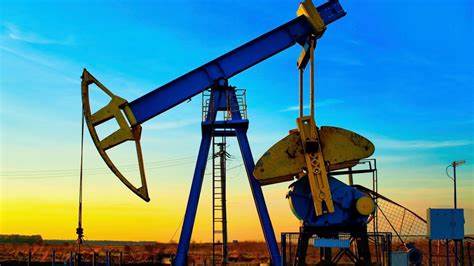Islamabad, Oct 1: Extraction of reported oil asset Pakistan’s primary challenge
Pakistan possesses substantial natural resources, including notable oil reserves, but extracting these reported assets has been a persistent challenge, limiting economic growth and energy independence.
Despite frequent announcements of promising oil field discoveries, the country struggles to translate these finds into efficient extraction and production due to factors like insufficient infrastructure, technological barriers, and geopolitical issues.
A major problem in Pakistan’s oil industry is outdated infrastructure. Many oil fields, especially in areas like Sindh and Balochistan, lack modern equipment and technology for efficient extraction, resulting in lower production rates and higher operational costs.
These challenges prevent Pakistan from fully utilizing its oil reserves. Bureaucratic inefficiencies and delays in policy implementation also complicate the situation. Regulatory obstacles often slow down exploration, deterring both foreign and local investment in the sector.
Geopolitical instability further hampers oil extraction. Many oil-rich areas face political unrest and security concerns, particularly in Balochistan, making it difficult for companies to explore and extract oil.
High security costs add complexity and increase project expenses, making oil extraction in these regions even more challenging.
Additionally, Pakistan’s reliance on imported oil to meet its energy needs strains the country’s foreign reserves, increasing trade deficits.
This highlights the urgency of overcoming the obstacles to oil extraction in order to reduce dependence on imports and achieve energy self-sufficiency.
In summary, while Pakistan holds significant oil reserves, various obstacles have impeded their efficient extraction. Addressing infrastructure deficiencies, streamlining regulations, and ensuring security in oil-rich regions are essential steps to unlock the full potential of Pakistan’s oil sector.









